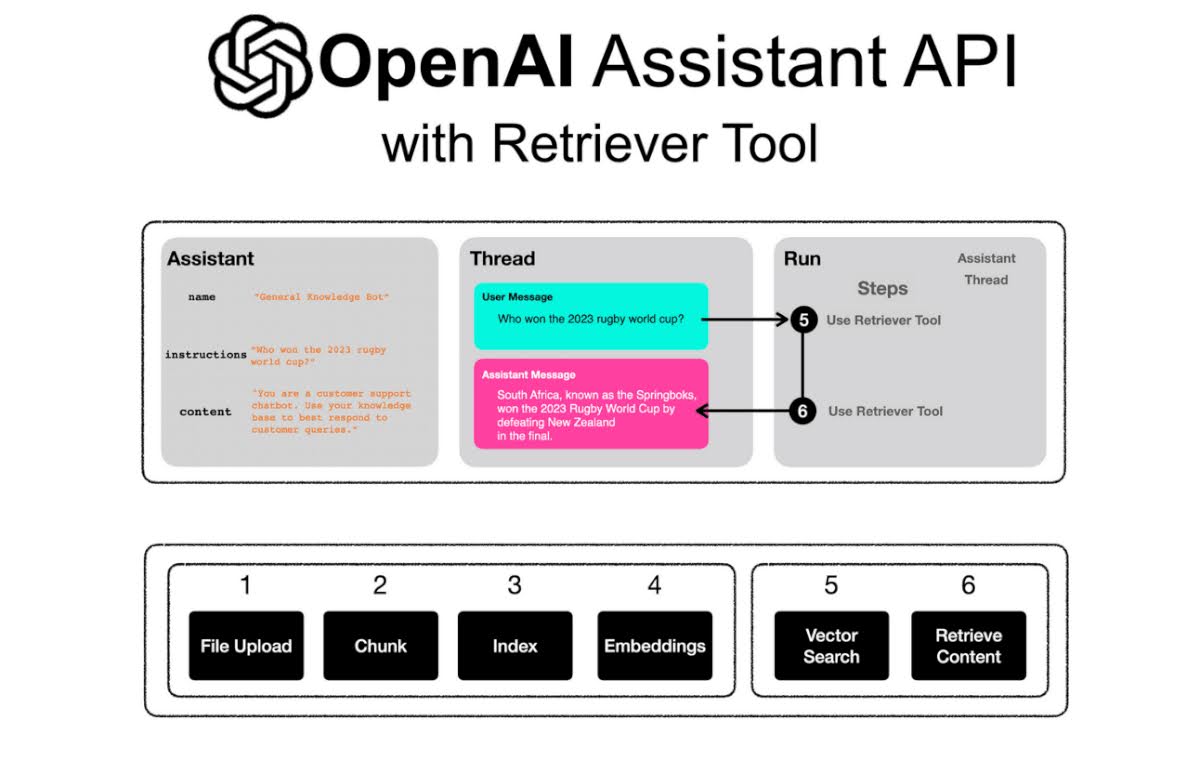Unlocking Potential: The Value Of Middle Management In Modern Organizations

Table of Contents
The Bridge Between Leadership and Employees
Middle managers act as a vital link, ensuring seamless communication and collaboration between senior leadership and frontline employees. Their effectiveness directly impacts employee engagement and the overall success of the organization.
Facilitating Communication and Collaboration
Middle managers are the crucial conduits of information, ensuring that strategic directives from upper management are clearly understood and implemented by their teams. Conversely, they also relay feedback and concerns from employees to leadership, fostering a two-way communication flow.
- Effective communication strategies: Regular team meetings, transparent communication channels (e.g., intranet, email), and open-door policies are vital.
- Overcoming communication barriers: Middle managers must be adept at identifying and addressing communication roadblocks, ensuring clarity and understanding across all levels. Utilizing collaboration tools like Slack or Microsoft Teams can streamline communication.
- Fostering team collaboration: Middle managers facilitate teamwork by fostering a positive and collaborative work environment, encouraging open dialogue, and resolving conflicts effectively. Team-building activities and regular feedback sessions are essential components.
Mentoring and Development of High-Potential Employees
Middle managers play a crucial role in identifying, nurturing, and developing the next generation of leaders within the organization. They act as mentors, providing guidance, support, and opportunities for growth.
- Mentorship programs: Formal and informal mentorship programs can provide valuable learning experiences and accelerate employee development.
- Performance feedback: Regular and constructive feedback is key to helping employees improve their performance and reach their full potential.
- Talent identification strategies: Middle managers are often best positioned to identify high-potential employees within their teams and provide opportunities for advancement.
- Employee training initiatives: Middle managers can champion and participate in training programs that enhance the skills and knowledge of their team members.
Driving Operational Efficiency and Strategic Execution
Middle management is essential for translating high-level strategic goals into actionable plans and ensuring effective execution across the organization. Their role in problem-solving and decision-making directly impacts operational efficiency.
Translating Strategy into Action
Middle managers are responsible for breaking down complex strategic objectives into smaller, manageable tasks and assigning them to their teams. This requires strong project management skills and a keen understanding of resource allocation.
- Project management: Employing proven project management methodologies, such as Agile or Waterfall, helps ensure projects are completed on time and within budget.
- Resource allocation: Effective resource allocation is crucial for maximizing efficiency and ensuring that teams have the necessary resources to achieve their goals.
- Performance monitoring: Regularly monitoring team performance against established goals and objectives helps identify potential issues early on.
- Goal setting: Clear, measurable, achievable, relevant, and time-bound (SMART) goals are crucial for driving performance and focus.
Problem-Solving and Decision-Making
Middle managers frequently encounter operational challenges and must make timely decisions that impact team productivity and overall organizational success.
- Problem-solving methodologies: Employing structured problem-solving approaches, such as the 5 Whys or root cause analysis, helps identify and address underlying issues.
- Decision-making frameworks: Using established decision-making frameworks, such as cost-benefit analysis or decision trees, enables more informed and effective choices.
- Risk management: Identifying and mitigating potential risks is crucial for preventing disruptions and ensuring smooth operations.
- Conflict management: Effectively resolving conflicts within teams is critical for maintaining a positive and productive work environment.
Fostering Employee Engagement and Motivation
A strong middle management team is instrumental in creating a positive work environment, boosting employee morale, and fostering high levels of engagement.
Creating a Positive Work Environment
Middle managers play a key role in setting the tone within their teams, promoting a culture of collaboration, recognition, and appreciation.
- Employee recognition programs: Regularly recognizing and rewarding employee contributions fosters a sense of value and appreciation.
- Team-building activities: Team-building exercises can improve communication, collaboration, and morale.
- Open communication channels: Maintaining open and honest communication channels ensures that employees feel heard and valued.
- Fostering a culture of appreciation: Creating a culture where employees feel appreciated and respected is essential for maintaining high morale and engagement.
Promoting Work-Life Balance and Well-being
Supporting employee well-being and promoting a healthy work-life balance is crucial for attracting and retaining top talent. Middle management has a significant role to play in this area.
- Flexible work arrangements: Offering flexible work options, such as remote work or flexible hours, can improve employee satisfaction and well-being.
- Mental health initiatives: Providing access to mental health resources and promoting a culture of mental well-being is critical.
- Promoting work-life balance strategies: Encouraging employees to prioritize their well-being and maintain a healthy work-life balance is crucial for long-term success.
- Recognizing employee contributions: Regularly acknowledging employee efforts and contributions helps create a sense of value and belonging.
Conclusion
In summary, effective middle management is not merely a layer of hierarchy; it's the engine room of organizational success. They bridge communication gaps, drive strategic execution, and foster a highly engaged and motivated workforce. By investing in the development and empowerment of your middle management teams, you enhance communication strategies, improve operational efficiency, and unlock the full potential of your organization. Unlock the full potential of your organization by investing in strong middle management and empowering your middle managers to lead, mentor, and drive organizational success.

Featured Posts
-
 Open Ai Simplifies Voice Assistant Development
Apr 26, 2025
Open Ai Simplifies Voice Assistant Development
Apr 26, 2025 -
 The Rise Of Chinese Car Brands A Look At Their Future Prospects
Apr 26, 2025
The Rise Of Chinese Car Brands A Look At Their Future Prospects
Apr 26, 2025 -
 Analysis Trumps Comments On Banning Congressional Stock Trades In Time Interview
Apr 26, 2025
Analysis Trumps Comments On Banning Congressional Stock Trades In Time Interview
Apr 26, 2025 -
 Ai Digest Transforming Repetitive Documents Into Informative Poop Podcasts
Apr 26, 2025
Ai Digest Transforming Repetitive Documents Into Informative Poop Podcasts
Apr 26, 2025 -
 Top 7 New Orlando Restaurants A Foodies Guide To 2025
Apr 26, 2025
Top 7 New Orlando Restaurants A Foodies Guide To 2025
Apr 26, 2025
